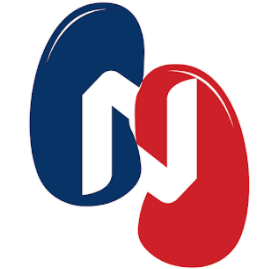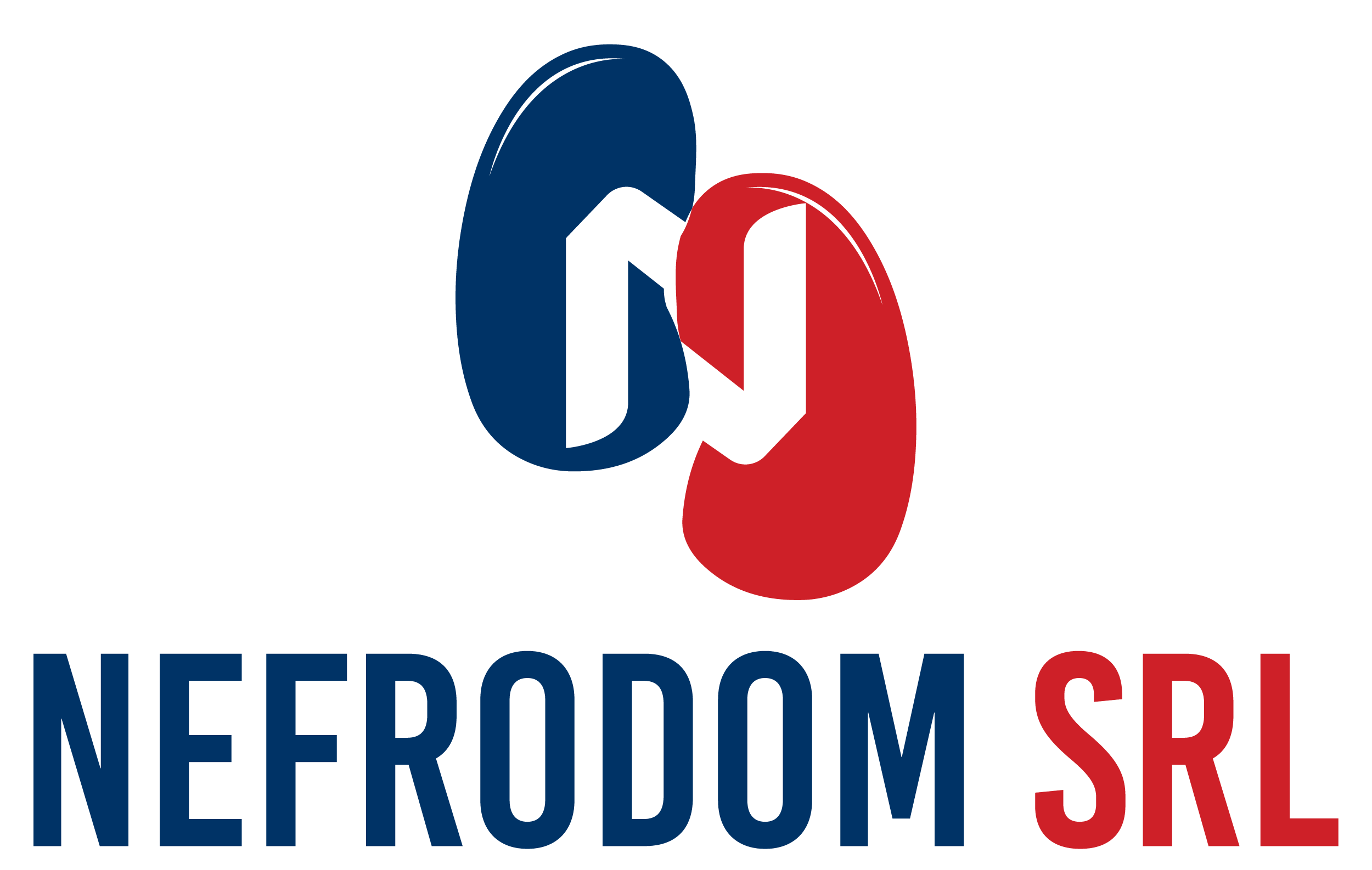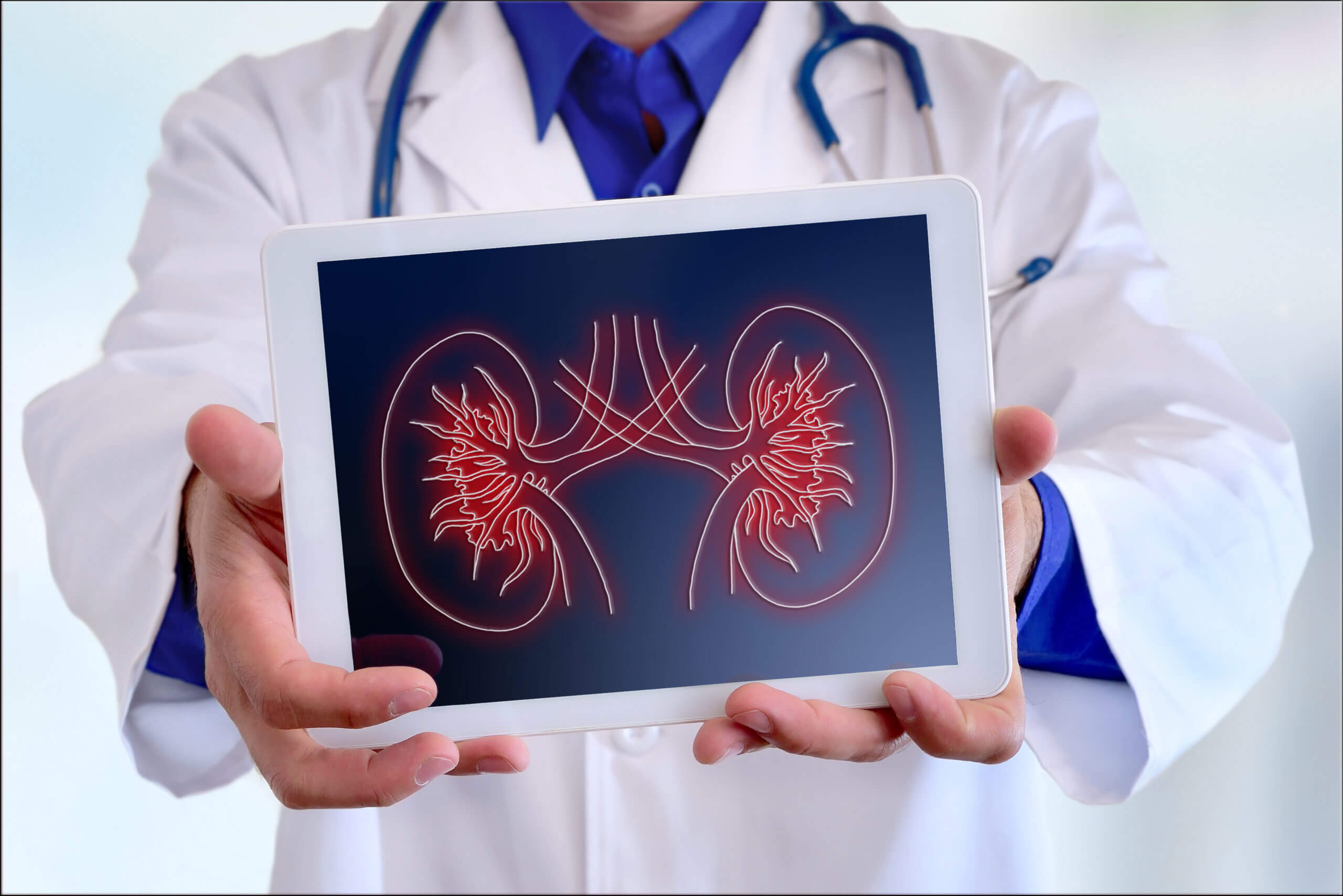Good nutrition is essential for everyone. Eating a healthy diet can help provide the energy to complete daily tasks, avoid infections, build muscles, and maintain a healthy weight. And those with chronic kidney disease can prevent their health from worsening by carefully manage their nutrition.
What should I eat if I have kidney disease?
There is no single diet for every individual with chronic kidney disease because every patient and their needs are different. Food recommendations will change over time based on the patient’s overall health condition. This is why it’s recommended that kidney disease patients work with dietitians or nutritionists on their diets.
Basics of good nutrition
Every day, the body needs a certain amount of calories, protein, vitamins, and minerals to function correctly. Following a balanced nutrition plan could prevent chronic kidney disease from getting worse.
Importance of protein
Our body uses protein to help build muscle, repair tissue, and fight infection. That’s why it’s important to include protein of some kind into our daily diet. However, those with chronic kidney disease need to limit the amount of protein intake. Too much protein can cause waste to build up in the blood of a person with chronic kidney disease. This additional waste causes the kidneys to work longer and harder. Those with chronic kidney disease should aim to put as little unnecessary stress on the kidneys as possible. However, it’s a slippery slope, as too little protein can also be harmful to your overall health. Your doctor or a dietitian can help you determine the appropriate daily protein intake depending on your muscle mass, nutrition level, and the severity of your kidney disease.
There are multiple sources of protein, such as animal products and plants:
- Red meat (beef, veal, lamb)
- Pork
- Poultry (chicken and turkey)
- Fish and shellfish
- Eggs
- Vegetables, grains, and nuts
Animal-based proteins such as meat, poultry, fish, and eggs are “complete” proteins. Most plant-based proteins found in certain vegetables, grains, and nuts are considered “incomplete” proteins because they don’t have at least one essential amino acid. A well-balanced diet for chronic kidney disease patients should include both types of protein every day. Your dietitian can help you learn how to maintain good nutrition and get the right amount of protein to support your kidneys.
Vegetarians and vegans
Some people do not eat meat or animal products. Vegetarians and vegans can still achieve the right amount of protein by eating various plant-based foods with protein. Another important consideration for vegetarians and vegans is their calorie intake. Without enough calories, your body will break down the protein you eat for energy, causing the kidneys to work harder to remove more waste products. Your doctor or dietitian may need to monitor your blood for the correct amount of protein and calories.
Calorie intake
Calories are like fuel – they give your body the energy it needs to live and stay healthy. It is essential to absorb the right amount of calories every day for the following reasons:
- helps you maintain a healthy weight
- gives you the energy to perform your daily tasks and stay active
- helps your body build up muscle and tissue (without enough calories, your body will use the intake protein for energy instead)
Each person is different, which leads to the difference in calorie needs. Generally, women are likely to need between 1,600 and 2,400 calories a day, and men from 2,000 to 3,000. However, the right amount of calories for an individual will depend on their age, gender, height, lifestyle, activity level, weight goals, and any medical conditions that they may have.
It can be challenging for people to keep track of their daily calorie intake. That’s why meal planning could be helpful. A food journal, a calorie-tracking app could be an excellent place to start.
Vitamins and minerals
Most people get enough vitamins and minerals to stay healthy by eating a wide variety of foods each day. However, if you have kidney disease, your diet might limit the daily amount of nutrients. In this case, you may need to use dietary supplements. When using supplements, remember to consult with your doctor beforehand because some vitamins and minerals can harm people with kidney disease.
Monitoring minerals
You will need to monitor your fluids and essential nutrients like sodium, phosphorus, calcium, and potassium.
Sodium
The mineral sodium is a mineral found in table salt and most foods. Sodium affects blood pressure and the body’s water balance. Healthy kidneys control sodium. But if the kidneys don’t work well, sodium and fluids build up in the body. This can cause high blood pressure and other problems such as swelling of the ankles, fingers, or eyes. Your doctor or dietitian will tell you if you need to limit sodium.
If you find yourself needing to limit your sodium intake, you can try limiting table salt and the following salty snacks:
- dressings such as soy sauce, sea salt, teriyaki sauce, garlic salt, or onion salt
- most canned foods and frozen dinners (unless the label says “low sodium”)
- processed meats such as ham, bacon, hot dogs, deli meats, and rotisserie meat
- salty snacks like potato chips and crackers
- canned or dehydrated soups (such as noodle soup in sachets)
- most restaurant meals, take-out meals, and fast foods
Reading labels can help you buy lower-sodium foods and detect “added” nutrients that may be bad for you. In addition, DO NOT use salt substitutes unless approved by your doctor.
You can try fresh or dried herbs and seasonings in place of table salt to enhance the taste of food. When you limit your salt intake, you may need to consume more spices and seasonings for more flavor.
Phosphorus
People with kidney disease may need to carefully monitor phosphorus in food, especially if the kidney disease is in an advanced stage. Phosphorus is a mineral found in many foods. The following foods contain a large amount of phosphorus:
- dairy products such as milk, cheese, yogurt, ice cream, and desserts
- nuts and peanut butter
- dried beans and peas, such as kidney beans, peas, and lentils
- drinks like cocoa, beer, and cola drinks
- brand bread and cereals
- processed foods, convenience foods, and fast foods, even some meats that have additives to make them more tender
Eating foods high in phosphorus can increase phosphorus levels in the blood. Your kidneys may not be able to remove all of this extra phosphorus.
When phosphorus builds up in the blood, your calcium levels drop, and calcium stops fortifying your bones. Over time, the bones become weak and can break easily. High phosphorus content in the blood can also cause calcium build-up in blood vessels, heart, joints, muscles, and skin – where it shouldn’t be. This can cause serious problems, such as the following:
- damage to the heart and other organs
- poor blood circulation
- bone-ache
- skin ulcers
To maintain safe phosphorus levels in your blood, you may need to limit your intake of foods rich in phosphorus. You may also need to take a type of medicine called a phosphate binder. These binders are taken with meals and snacks. Your doctor will tell you if you need to limit foods high in phosphorus or take phosphorus binders.
Your doctor may ask you to take a particular form of vitamin D to help keep calcium and phosphorus levels balanced and prevent bone disease.
One way to decrease phosphorus in your diet is to to use milk substitutes without added phosphorus.
Do not take over-the-counter calcium or vitamin D supplements unless advised by your nephrologist.
Potassium
The mineral potassium is another essential mineral found in most foods. Potassium helps the proper functioning of the muscles and the heart. The following foods contain large amounts of potassium:
- fruits and vegetables such as bananas, melons, oranges, potatoes, tomatoes, dried fruits, nuts, avocado, brightly colored green leafy vegetables, and dried beans and peas
- milk and yogurt
- most salt substitutes
- protein-rich foods, such as meat, poultry, pork, and fish
Too much or too little potassium in the blood can be dangerous. Some people with kidney disease need more potassium, and others need less. How much you need depends on how well your kidneys are working. It also depends on whether you use drugs that change the level of potassium in your blood.
A simple blood test can check to see if your potassium levels are normal. Potassium supplements are available for people with low potassium levels, while some drugs can help remove excess potassium. In both cases, follow your doctor’s recommendations.
Most people with kidney disease do not need to limit the amount of fluid they drink if they are in the early stages of the disease. If you don’t know what stage of kidney disease you are in, talk to your doctor. To avoid dehydration, let your doctor and dietitian help you plan your fluid intake.
What if I have diabetes?
If you have diabetes and kidney disease, you may need to balance your protein, carbohydrates, and high-quality fats intake. Work with your dietitian to create an eating plan that is right for you. Ask your doctor how often your blood sugar levels should be tested, and try your best to keep them under control.
How is my nutritional health monitored?
Physical nutrition exam
Your dietitian can test you for signs of nutritional problems in the body. This test is called Subjective Global Assessment. Your dietitian asks you questions and records the following:
- changes in your weight and tissues around the face, arms, hands, shoulders, and legs
- your energy and activity levels
- problems that can interfere with eating
- diet and food diaries
Diet interviews and food diaries
Your dietitian will ask you what foods you eat. They may also ask you to keep track of everything you eat each day. Your dietitian wants to see if you eat the right amount of protein, calories, vitamins, and minerals.
Serum albumin
Albumin is a type of protein in the blood. It is controlled with a blood test. If your albumin level is too low, it may mean that you are not consuming enough calories or protein. Or it may mean that albumin is being lost in the urine, in which case, consuming more protein will not help. You are more likely to get an infection, not heal properly, not feel well, and be hospitalized if your albumin level is low. Your doctor or dietitian will tell you if you need extra protein.
Conclusion
Nutrition is an essential factor in fighting against kidney disease. That’s why it’s necessary to consult a doctor or a nutritionist in coming up with a meal plan.


